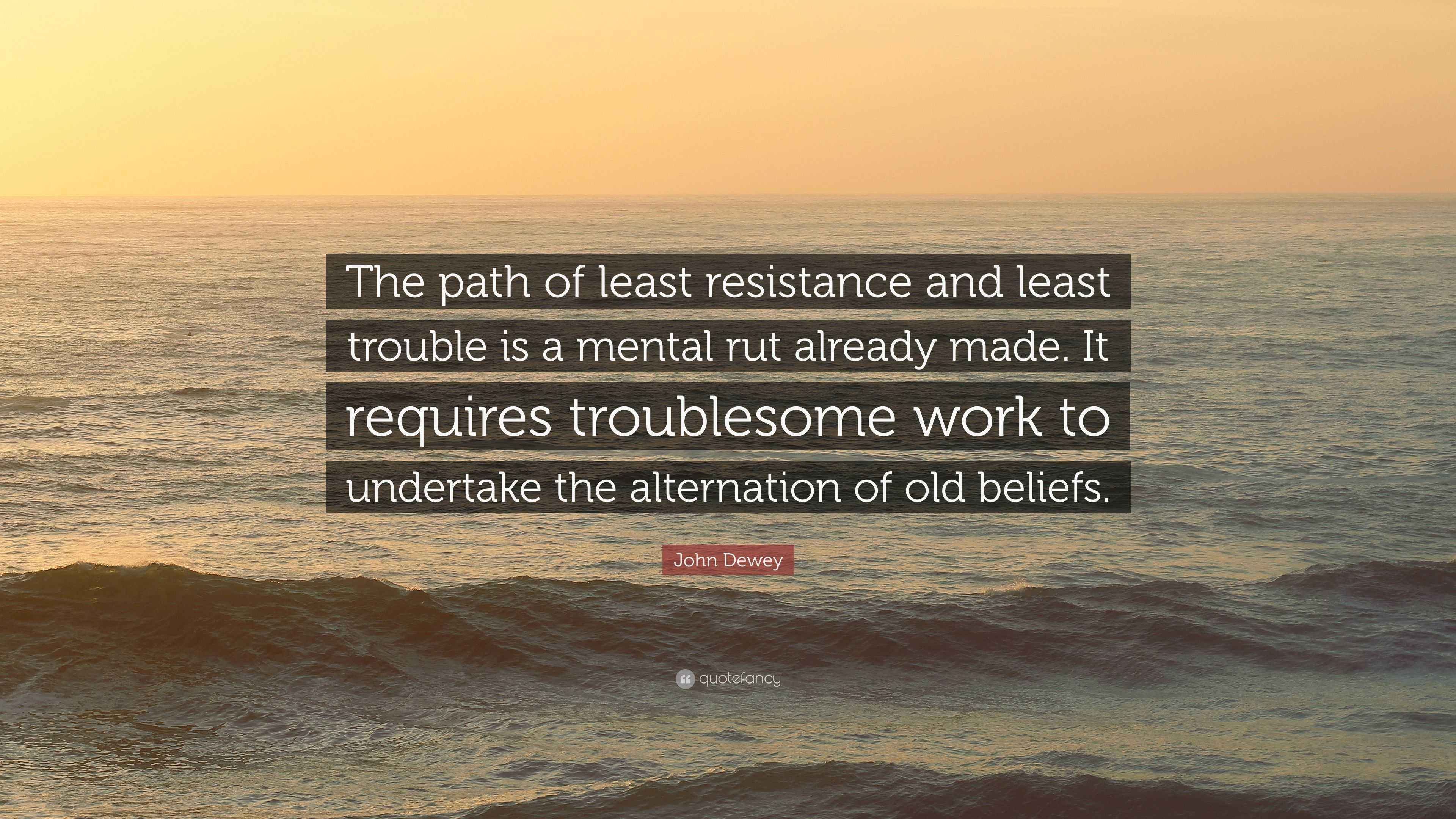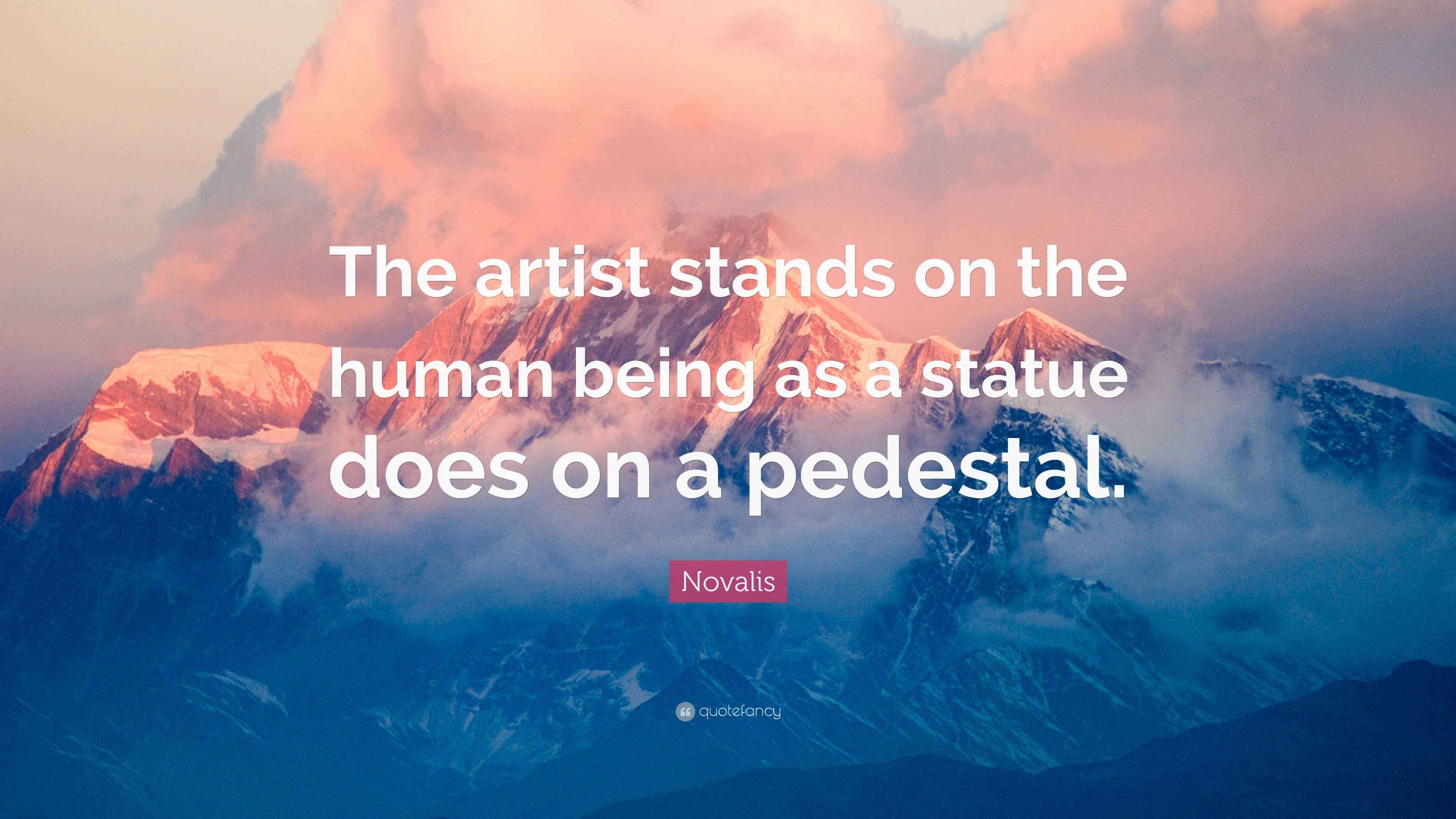We would be wrong in writing off epistemology as an ivory tower pursuit with no implications for our daily practices. Epistemology can help understand and address issues such as the polarization of political debates, the rise of conspiracy theories, and the challenges of clinical communication. Together with experts from other disciplines, and other areas within philosophy, epistemologists have a significant role to play in understanding and improving how we interact with each other when we produce and share knowledge.
One of the problems facing social interactions is that we tend to pathologize ways of thinking that are different from ours. When a person’s perspective clashes with ours, we may stop considering that person as a potential collaborator and exclude them from shared epistemic projects. We see their behavior no longer as a manifestation of agency but as a sign that something is seriously wrong with them. We describe a climate change denialist’s position on environmental policies as “delusional” to rule it out. We state that politicians are “out of their minds” to emphasize the lack of feasibility of their proposals. Although expressions such as these can be hyperboles, we often use them to justify the decision to stop engaging with someone’s views on an object of disagreement.
The overflowing literature on epistemic injustice alerts us to situations where asymmetries of power and identity prejudices affect how contributions are received. Having a psychiatric diagnosis and experiencing mental health issues make it harder for a person to have their testimony taken seriously. Dismissing, reconstruing, or challenging a person’s testimony—without engaging with it first—signals that we lack confidence in the capacity of that person to exercise their epistemic agency. As a result, not only is the person excluded from shared epistemic projects, but we also miss an opportunity to learn from them.
As part of our project on agency in youth mental health, a team of researchers from philosophy, psychology, sociology, psychiatry, and lived experience analyzed video-recorded conversations between young people seeking help and mental health practitioners in emergency services in the U.K. In the data, there are many shining examples of good practice, including conversations where young people are encouraged to share their experiences and feel heard and thoroughly supported by the practitioners. But there are also exchanges where young people’s reports of their feelings, thoughts, and concerns are dismissed, misconstrued, and challenged using a forensic style of questioning.
These interactions have negative effects on the health journey and morale of the young person, who may respond by disengaging from the conversation, losing trust in services, or feeling that they have not been taken seriously. Moreover, by not giving uptake to the young person’s reports, practitioners may forego information that is relevant to the epistemic tasks that characterize the interaction. Not only are these imbalanced exchanges morally problematic, they also compromise the successful pursuit of the goals of the clinical encounter—such as understanding the problem affecting the young person, assessing the risks, and identifying the best means of support.
What can be done to improve clinical interactions? Healthcare professionals sometimes communicate in a way that implies that the young person has low credibility, their agency is compromised, and their concerns are not legitimate. We can propose alternative communication strategies that avoid those implications and facilitate engagement. As part of our project, we developed the agential stance, an attitude represented as a ladder with five hierarchical steps, starting from validation all the way to involvement in decision making. The hope is that knowing about and adopting the agential stance will encourage more epistemically just exchanges between practitioners and young people.
Validation can be expressed by recognizing how difficult things are for the young person (“That is a scary thought,” or “I am sorry you are going through all of this on your own”). Legitimization of help-seeking can be manifested in praise for reaching out (“You did the right thing to come here”). A sign that the young person is not being reduced to a diagnosis is that the practitioner has listened to what has been said and contextualizes the crisis within the young person’s life (“There’s lots of things we’ve already talked about that are contributing to you feeling low at the moment”), which also implies that the young person has had to deal with many challenges and is not to be blamed for the present crisis. Involvement in decision making does not mean burdening the young person with making choices at a critical time but eliciting their preferences and relying on their previous experience to arrive at the best solution (“What do you think about this treatment option?”, or “What about the previous treatment was most helpful?”).
In order to offer more guidance to practitioners supporting young people, we developed additional resources for teachers, school nurses, and other mental healthcare professionals, with the support of project EPIC (Epistemic Injustice in Healthcare) and the mental health organizations we work with. The first resource was produced with the Voice Collective, which is a U.K.–wide project for young people who have unusual experiences and beliefs. The resource is a leaflet with a list of key points to remember when talking to young people who hear voices.
When young people report unusual experiences, they often encounter unhelpful behavior by well-meaning professionals and peers. Validation of the experiences being shared is paramount, and that is why two of the key points are about listening and not being afraid to ask questions and show curiosity. Legitimizing the person’s concerns is also important, and this can be done by acknowledging how difficult it must be for the person to deal with those experiences by themselves, and how good it is that they decided to reach out.
As hearing voices and unusual beliefs are often considered symptoms of severe mental illness, disclosure is often followed by reactions that can be perceived as excessive, and that contribute to making the young person feel unsafe. It is good to remember that if the young person expects to cause excessive reactions and feel judged, they will be less likely to seek help in the future. When support is offered, it is good practice to ask the person what they think would help, so the support can be tailored to their needs—not all the people who hear voices are alike. By exchanging information and collaborating with the young person when making decisions about next steps, we ensure that their needs and preferences are taken on board.
Other useful recommendations for professionals can be found in a leaflet we created for the McPin Foundation, which is a mental health charity involving people with relevant personal experience in research. The leaflet was written with members of the McPin Young People’s Network and features quotes by them. One point is about the importance of seeing the person in their own entirety and complexity, without reducing their identity to their distress and expecting them to behave as other people with the same diagnostic label. Young people have interests, values, and experiences that matter to them and that make their stories unique. They say they feel more comfortable in sharing their experiences with those who care to see the full picture.
Sometimes, professionals or peers who want to reassure young people describe their experiences as something that happens to everyone, and that other people have coped with successfully in the past. Although the intention is clearly to give hope, young people may feel that what they are going through is not worth addressing and may get the impression that they are at fault for not being able to better manage their distress.
Unusual experiences and distress more generally are already likely to undermine young people’s confidence and cause self-doubt. Disempowering interactions with figures of authority in their lives can make them feel misunderstood and incompetent. It is important to recognize young people’s agency even at critical times, enabling them to participate in decisions about their future, without assuming that their present crisis renders them unable to express their preferences or report accurately how they feel.
The study of the limitations of human agency and the analysis of the costs of pathologizing implausible or unusual behavior do help identify problems with social interactions and develop solutions. Moreover, the recent attention to the social dimension of knowledge exchanges and the increasingly rich taxonomy of the ways in which interactions can be epistemically unjust are helpful in devising tools that encourage attitude shifts and promote effective communication strategies.
So, there is plenty for epistemologists to do outside ivory towers—in hospitals, schools, and wherever people interact. Developing an account of what we owe to each other in knowledge exchanges is a great example of a task where epistemologists can make a valuable contribution. I am excited about the prospect of working out in more detail how genuine engagement can save us from epistemically unjust interactions.
The post Rules of Engagement first appeared on Blog of the APA.








